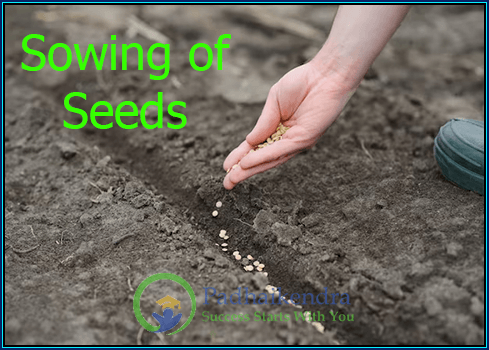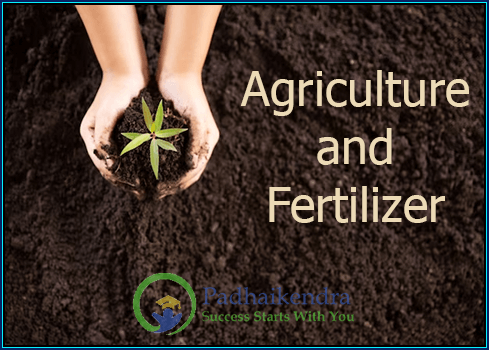Agriculture is the backbone of the Indian economy and provides livelihoods to a large number of people. India is the second largest agricultural producer in the world, after China. The country has a diverse climate and geography, which allows for a wide range of crops to be grown.
Agriculture in India is mainly dependent on monsoons, which makes it vulnerable to climate fluctuations. The major crops grown in the country include rice, wheat, pulses, cotton, sugarcane, tea, and spices. The country is also a major producer of fruits and vegetables.
The Green Revolution, which began in the 1960s, was a significant milestone in the history of agriculture in India. The introduction of high-yielding varieties of seeds, better irrigation systems, and improved fertilizers helped to increase the productivity of agriculture in the country. This led to a significant increase in food production and helped to reduce poverty.
Despite the progress made by the Green Revolution, agriculture in India still faces several challenges. One of the main challenges is the fragmentation of land holdings. Most of the farmers in the country own small plots of land, which makes it difficult for them to adopt modern farming techniques and technologies.
Another major challenge faced by agriculture in India is the lack of infrastructure, such as irrigation systems, storage facilities, and transportation networks. This makes it difficult for farmers to store and transport their crops, leading to wastage and reduced profitability.
In recent years, the government of India has taken several measures to address these challenges and improve the agricultural sector. The Pradhan Mantri Fasal Bima Yojana (Prime Minister’s Crop Insurance Scheme) was launched in 2016 to provide insurance coverage and financial support to farmers in case of crop failure.
The government has also launched several initiatives to improve irrigation systems and build storage facilities. The Pradhan Mantri Krishi Sinchai Yojana (Prime Minister’s Irrigation Scheme) was launched in 2015 to improve irrigation facilities and increase the area under irrigation.
In addition, the government has introduced several measures to promote organic farming and reduce the use of chemical fertilizers and pesticides. This includes the Paramparagat Krishi Vikas Yojana (Traditional Farming Improvement Programme) and the Rashtriya Krishi Vikas Yojana (National Agriculture Development Programme).





